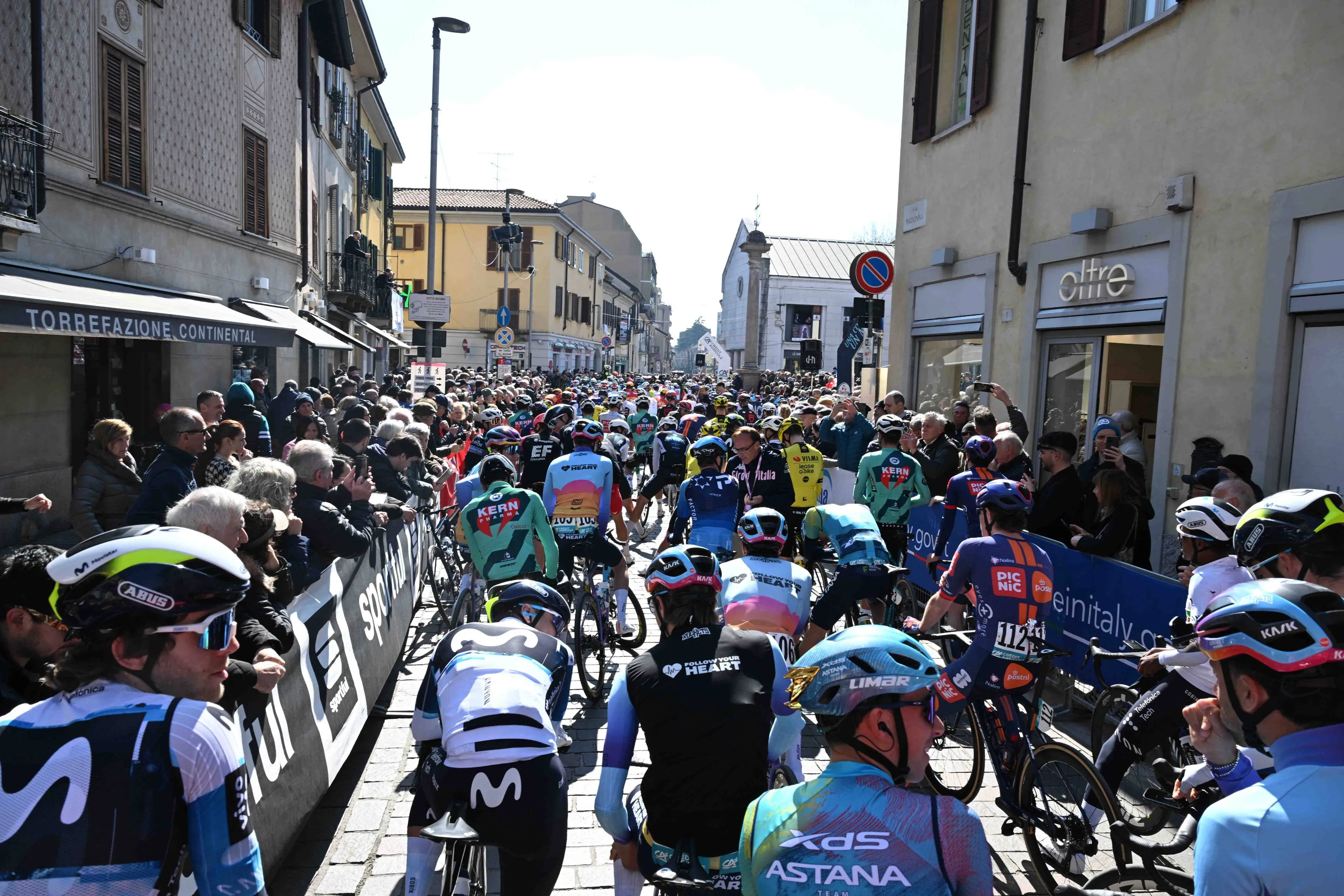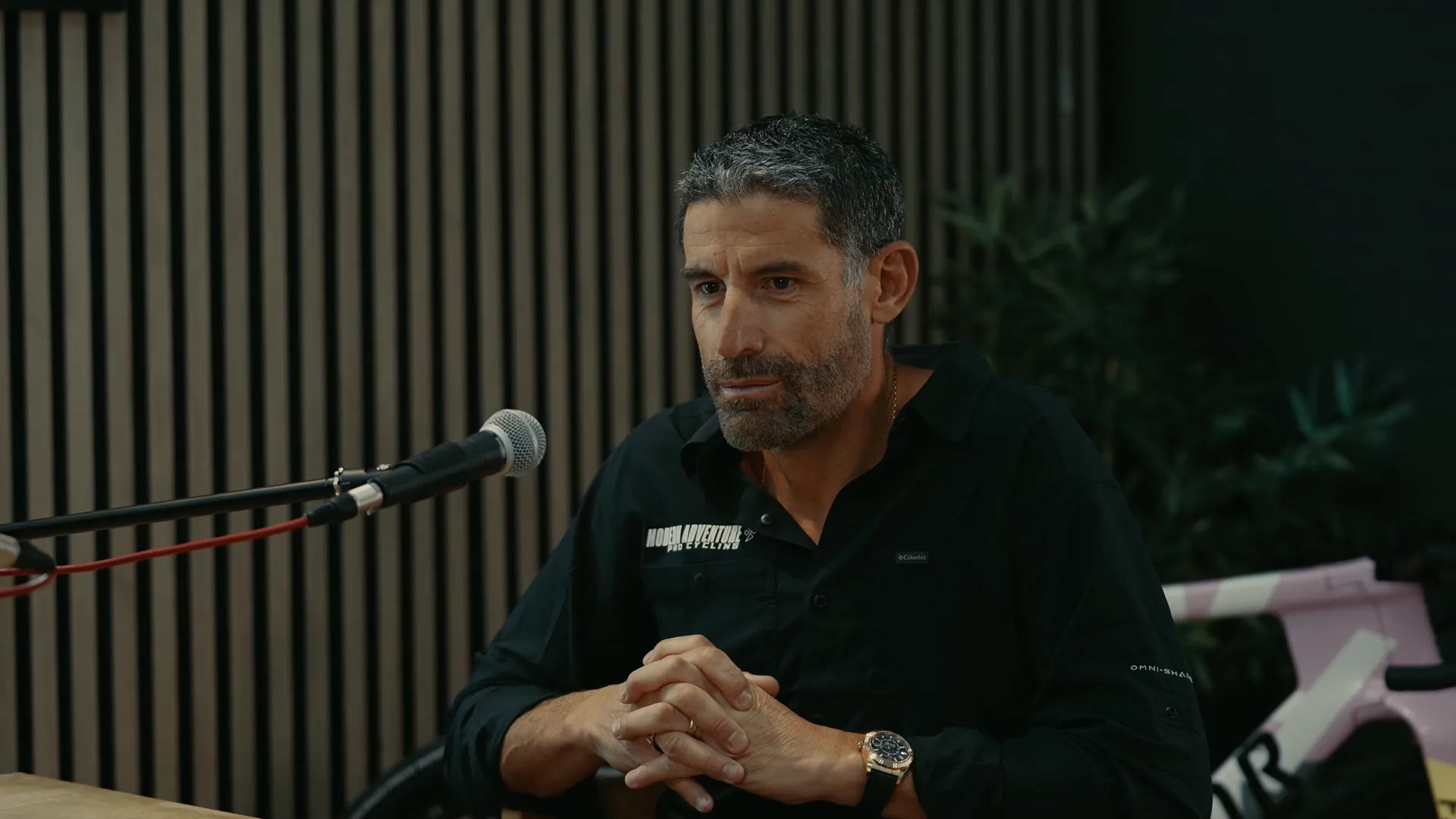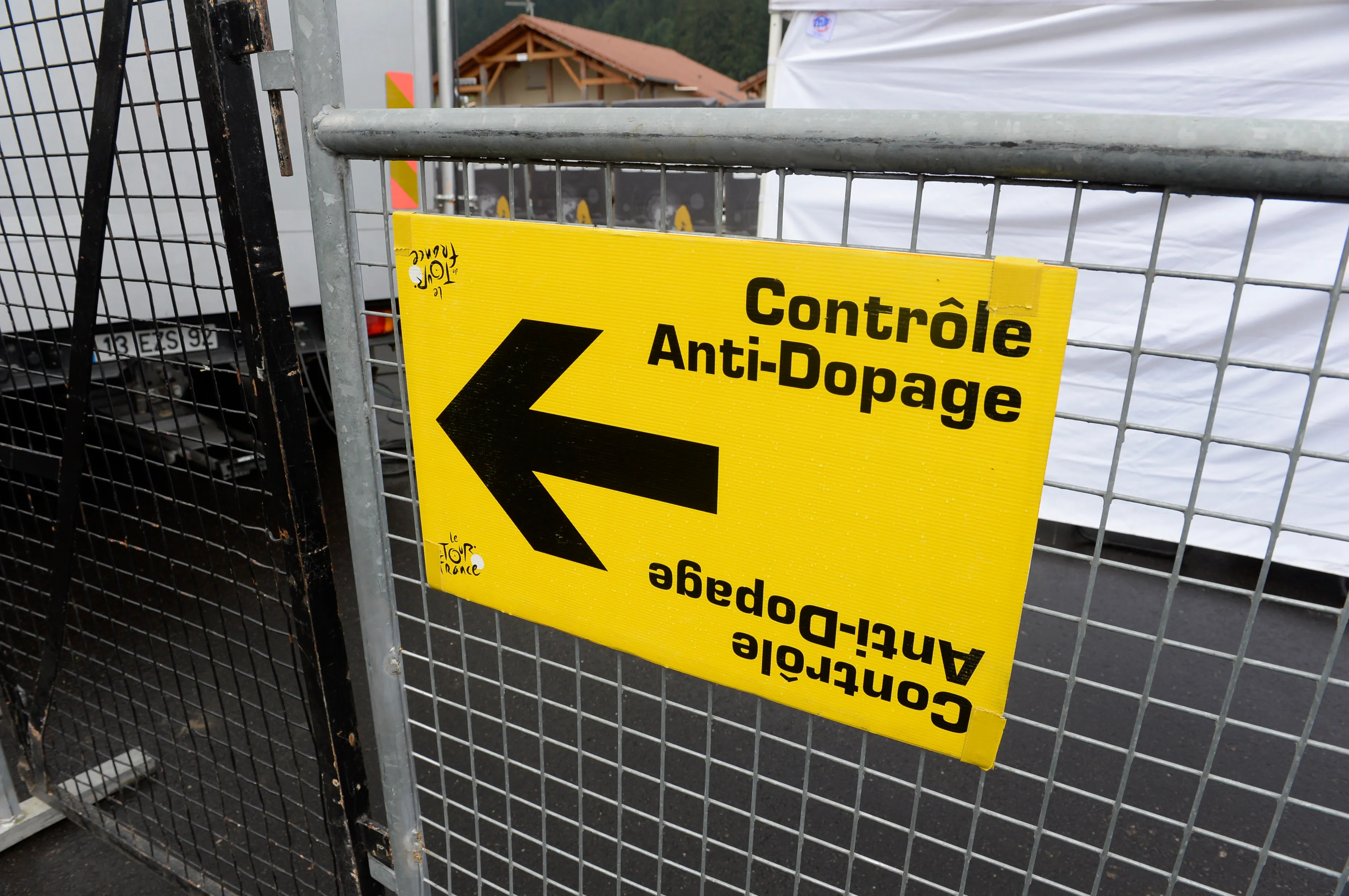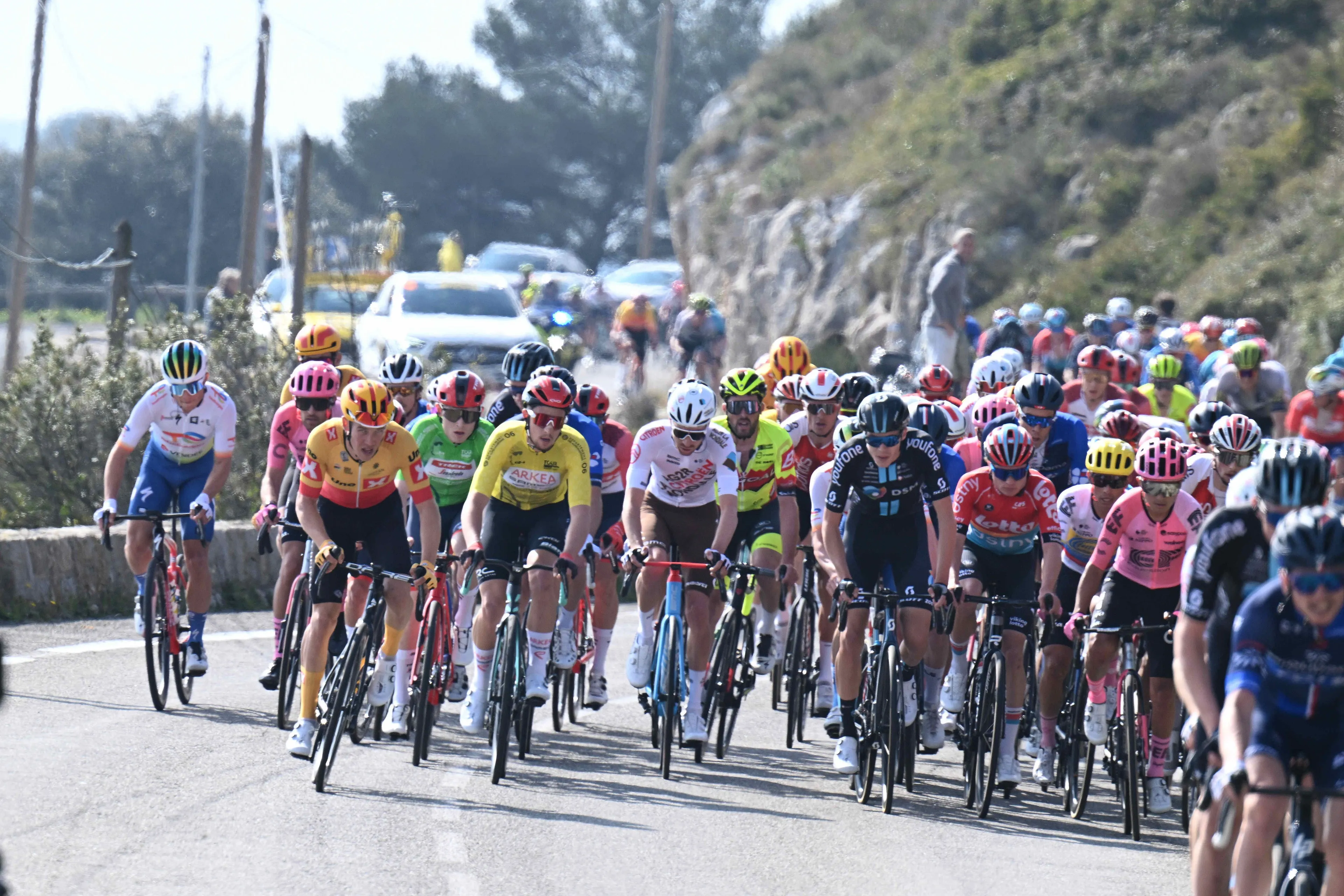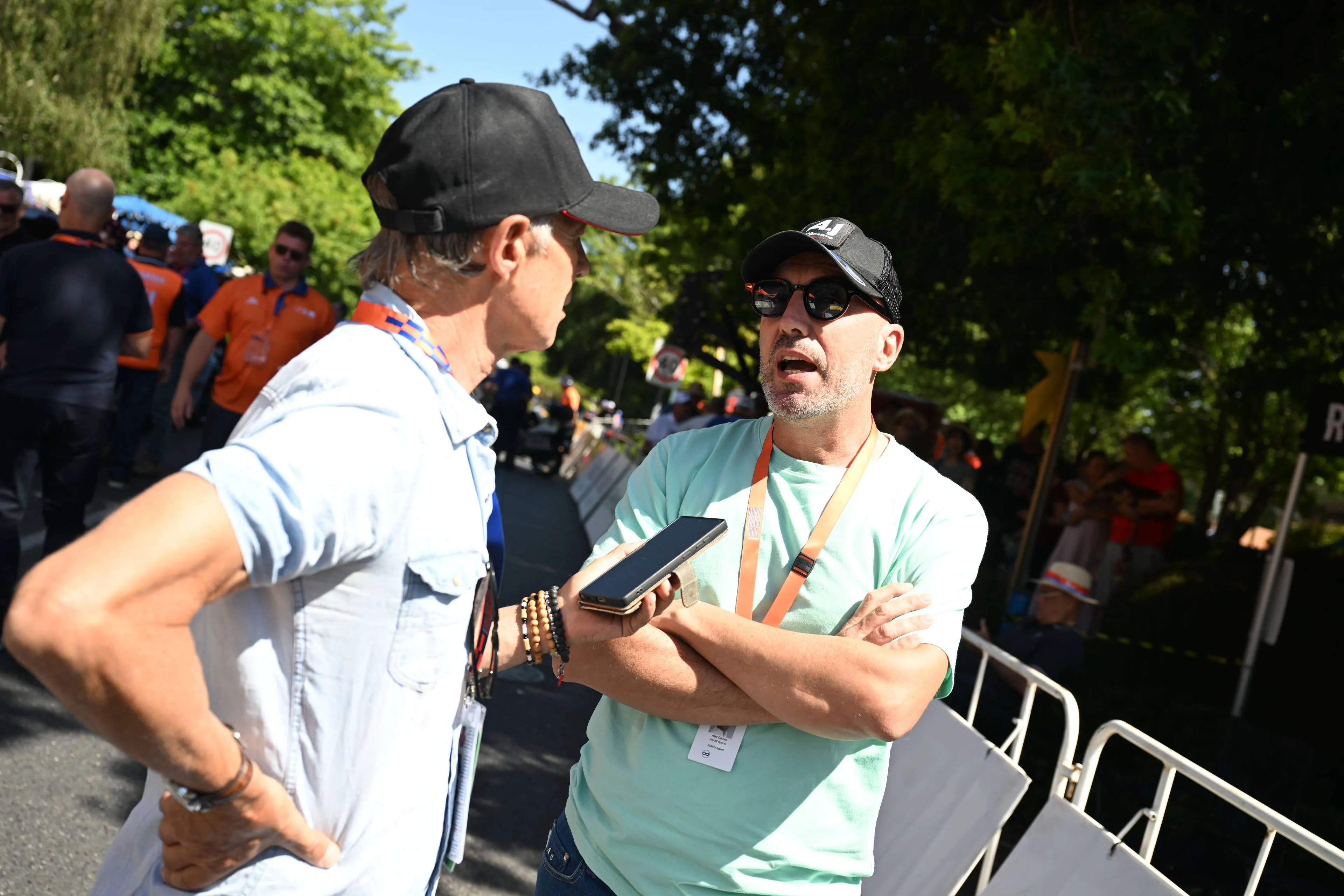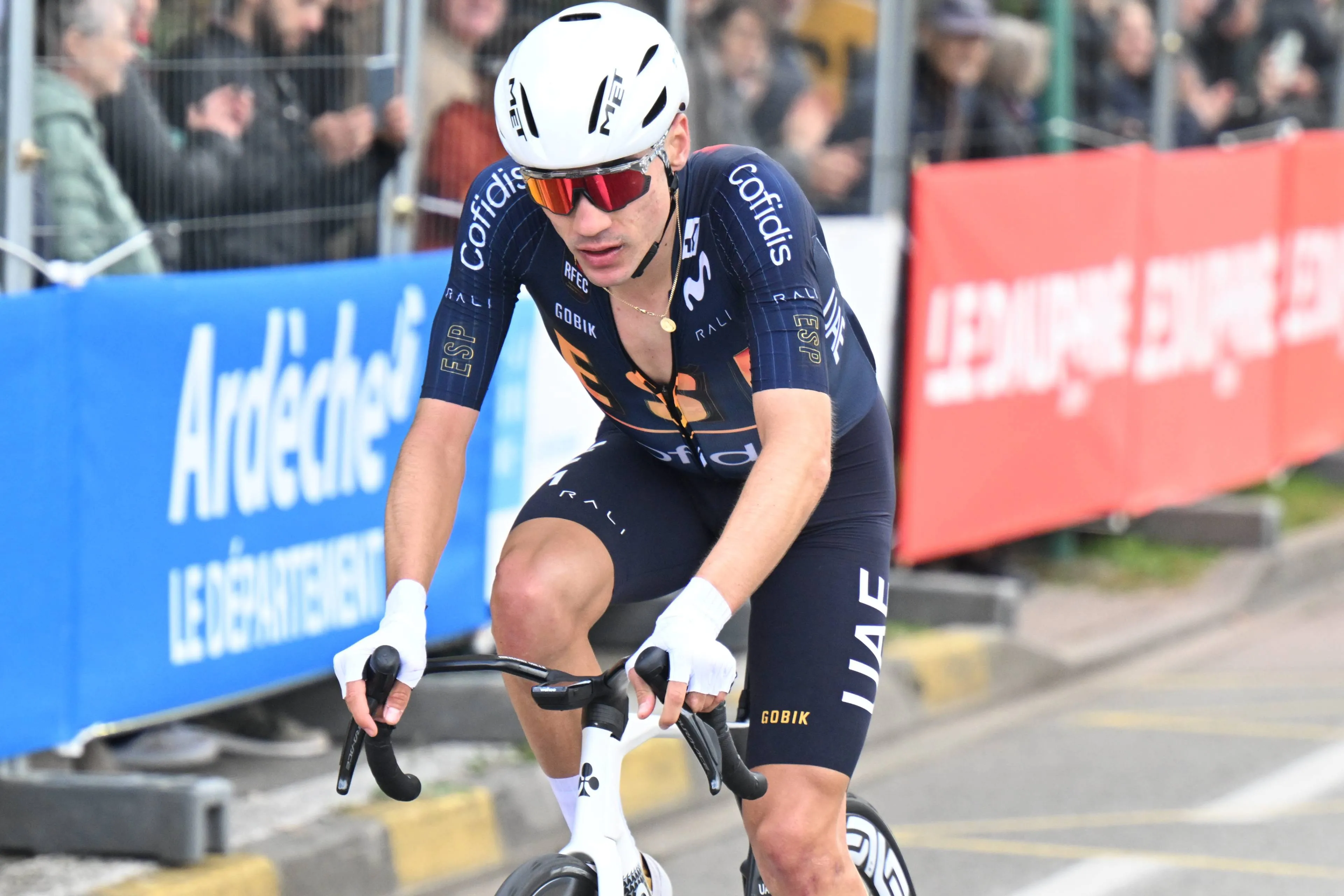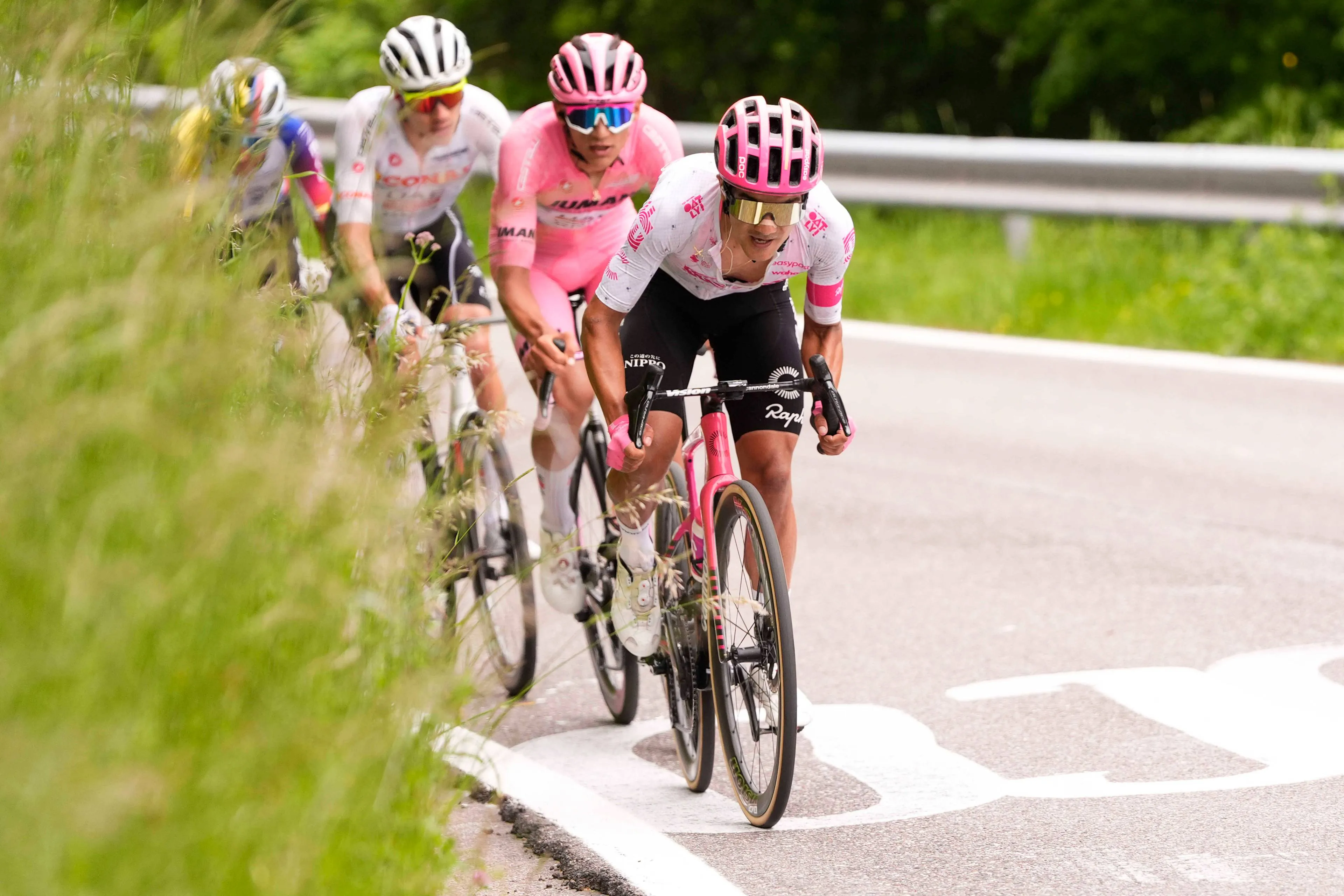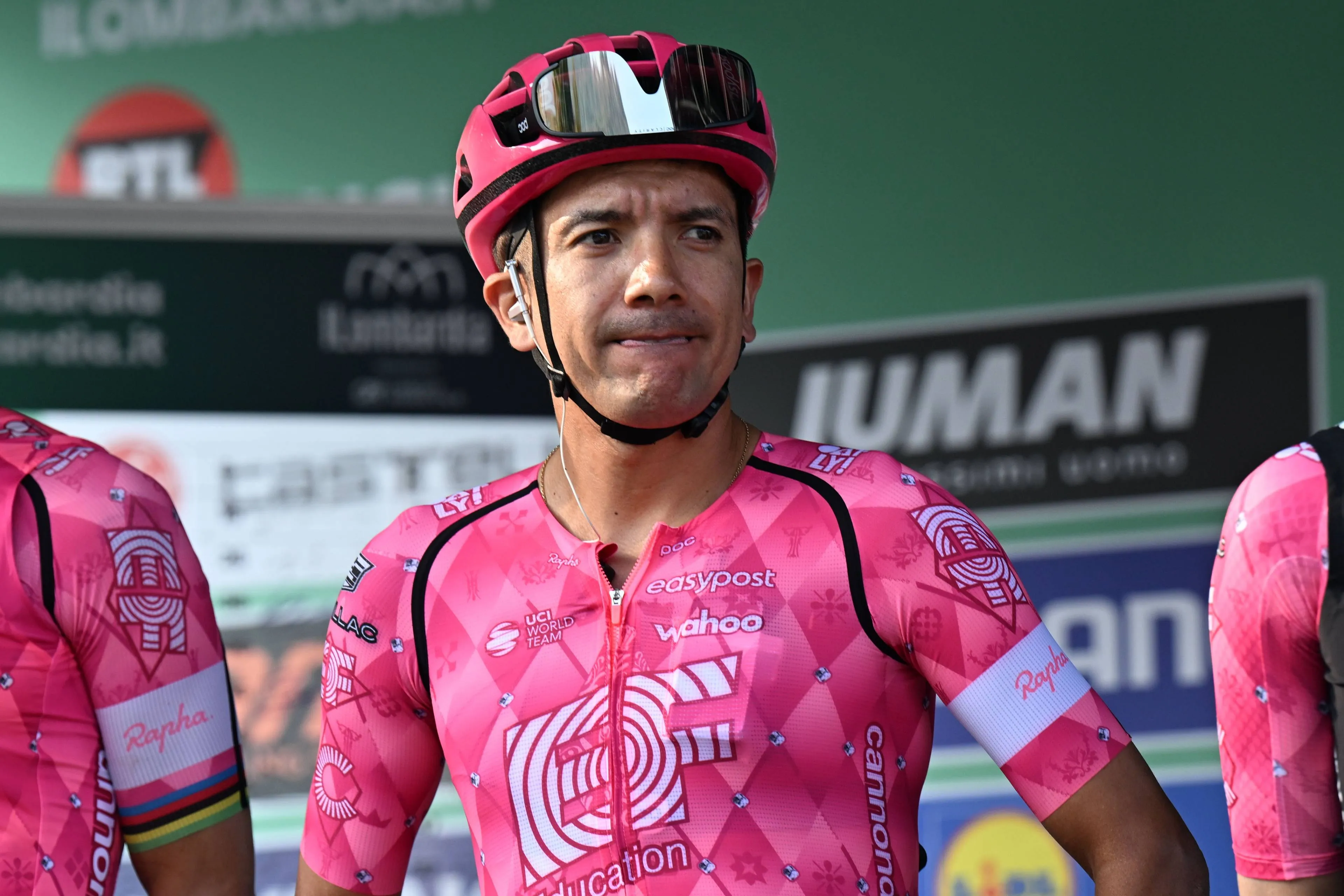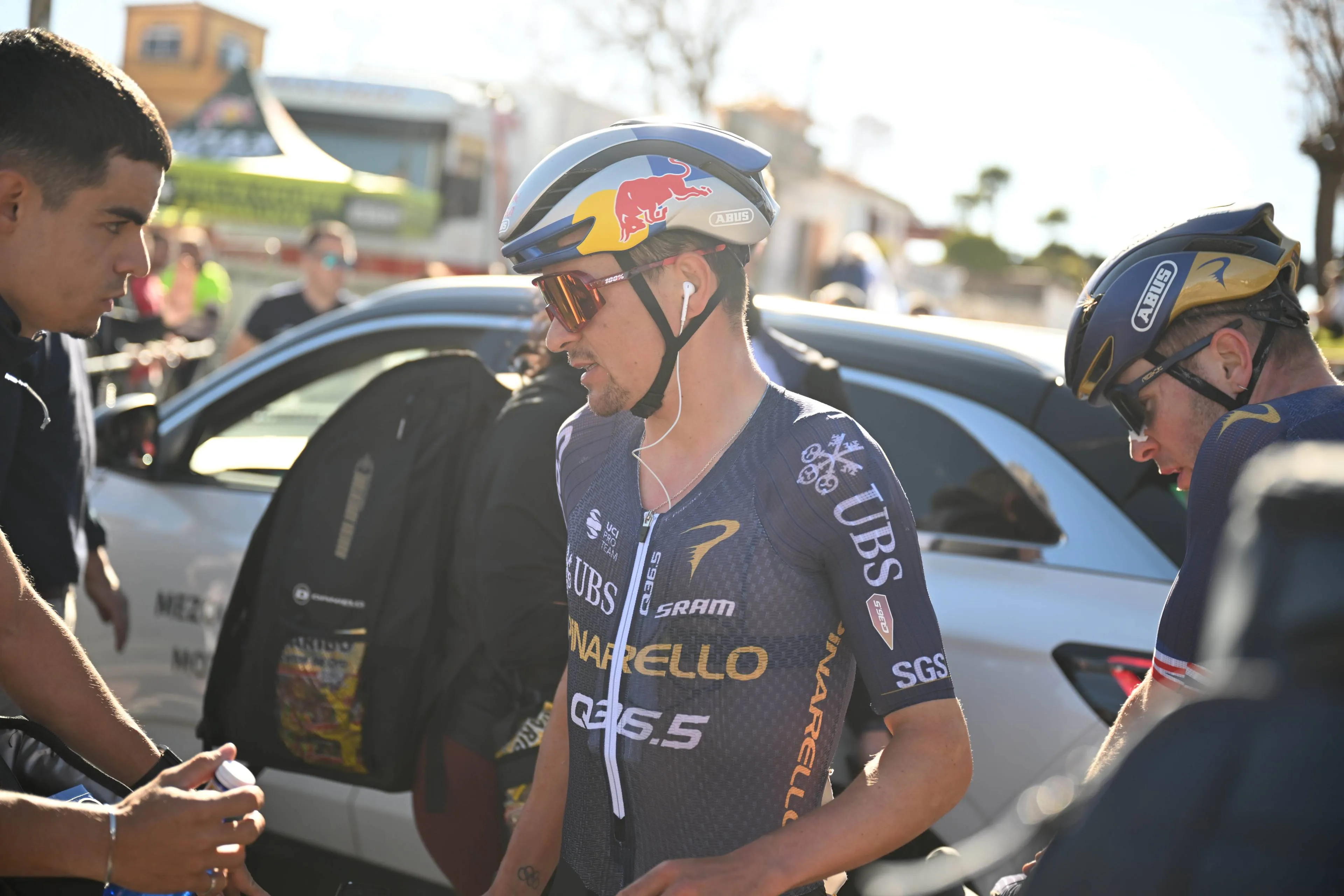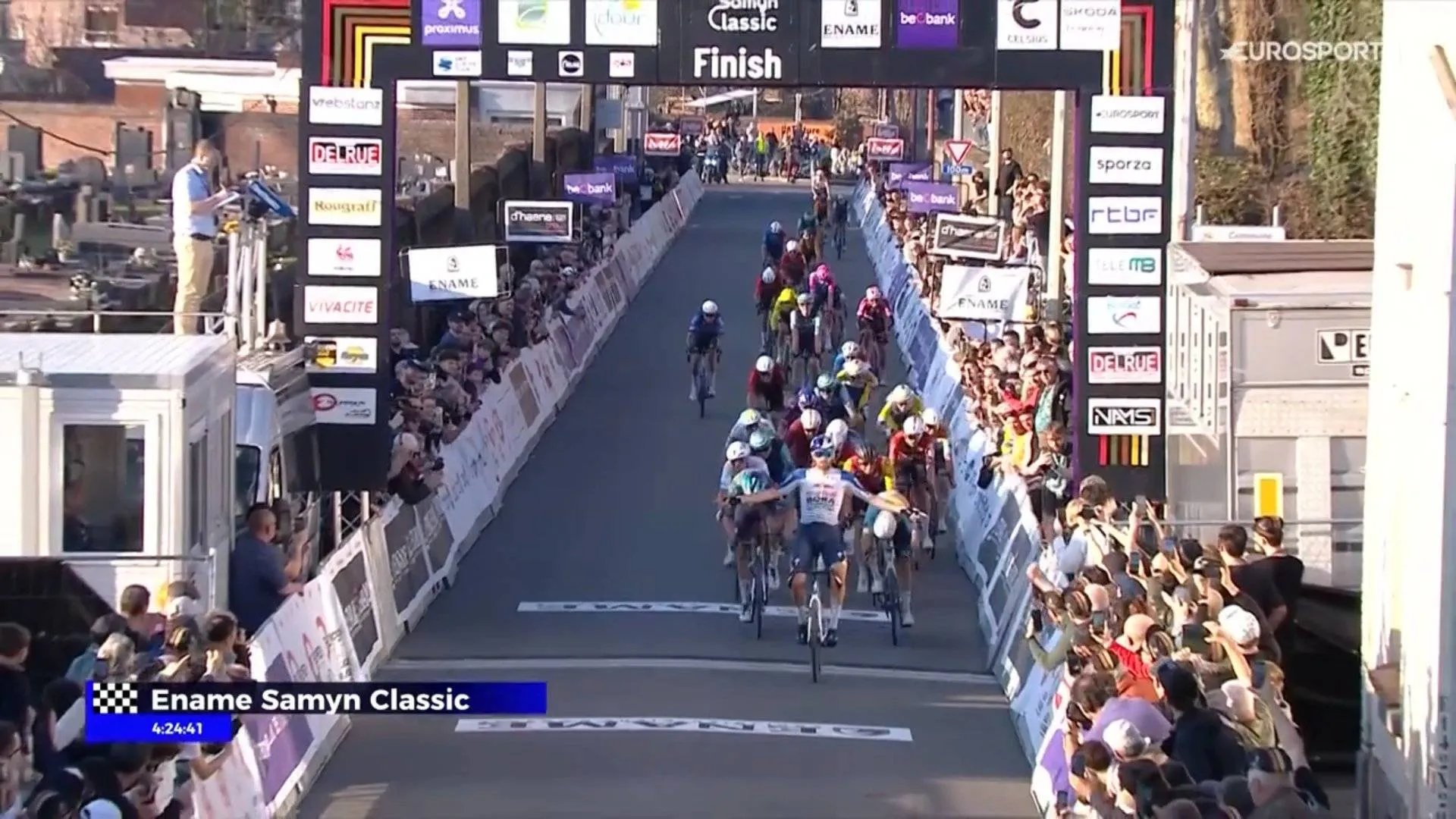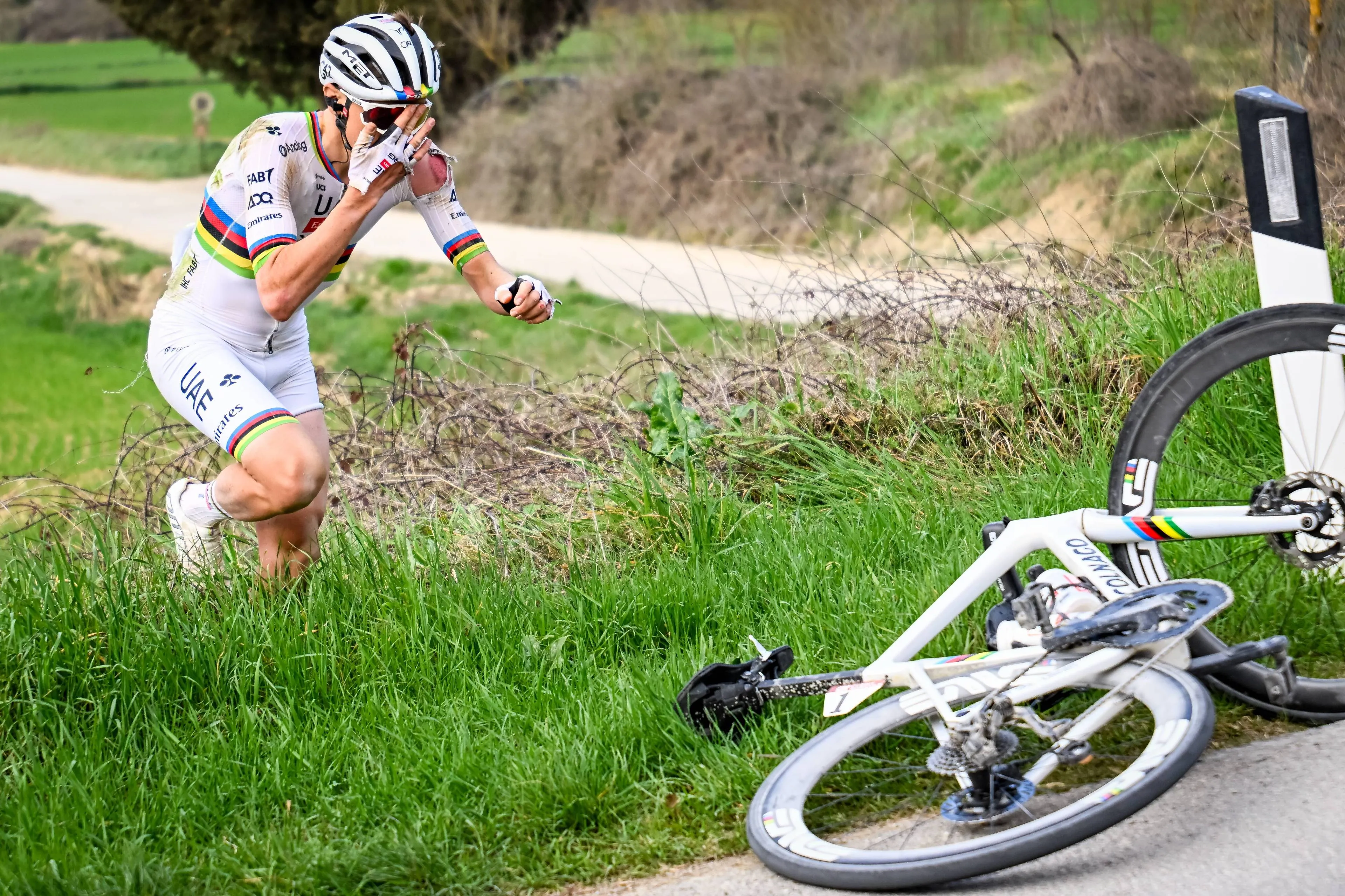MPCC
News
Just in
Popular news
Latest comments
- Talking is good 👍
 leedorney04-03-2026
leedorney04-03-2026 - Over-training is the problem imo... yeh ok, they're near enough ingesting 120g of literal sugar every hour, I take it they don't follow the same itinerary in training, it'd be stupid to do so...
 leedorney04-03-2026
leedorney04-03-2026 - RE knows how to win a race; when theirs no 1 else of note in it, unless a time trial..
 leedorney04-03-2026
leedorney04-03-2026 - He had a different spirit in him before
 Rafionain-Glas04-03-2026
Rafionain-Glas04-03-2026 - Attacking is different to be ing behind, fo numerous reasons. And he was over a minute behind.
 Rafionain-Glas04-03-2026
Rafionain-Glas04-03-2026 - Something has to be done about this boy, bad things are always happening to him! Before him, at least 20 cyclists have passed by, and he's the only one who got broken glass and a puncture. Call an exorcist.
 maria2024202404-03-2026
maria2024202404-03-2026 - Funny that a team almost ever talked about sits there in 2nd.Mistermaumau04-03-2026
- I,m an atheist... it can't, I know.Mou-Cro-HR04-03-2026
- Aert always has some problems, either with his bike or his stomach, or his back or his knee or his collarbone, or has the flu, or there is a dead skunk on the road. MVDP and Pogi never have anything, they win every race or are on the podium. Please don't sell me those fairy tales anymore.... excuses,excuses, excuses, excuses ... He's become the same as Remco Mustafa... excuses,excuses, excuses, excuses ...Mou-Cro-HR04-03-2026
- > I still tried to start the chase, but you know that on your own, you’re not going to ride faster than a peloton. Nonsense, Wout in his prime could attack and fend off a charging peloton to seal a stage victory in TdF 2022. Clearly, Wout isn't in his best shape after the injury.
 KerisVroom04-03-2026
KerisVroom04-03-2026
Loading
